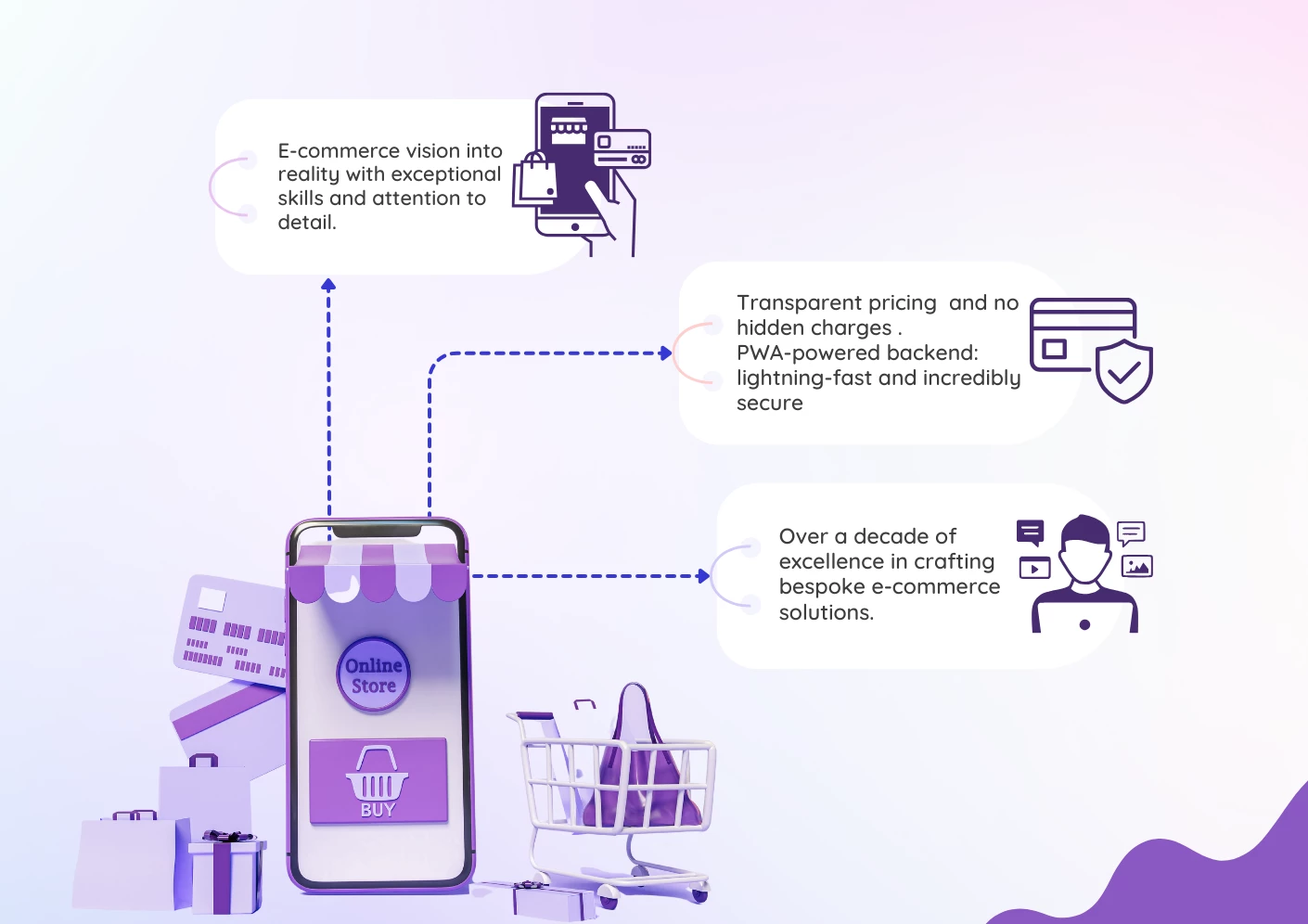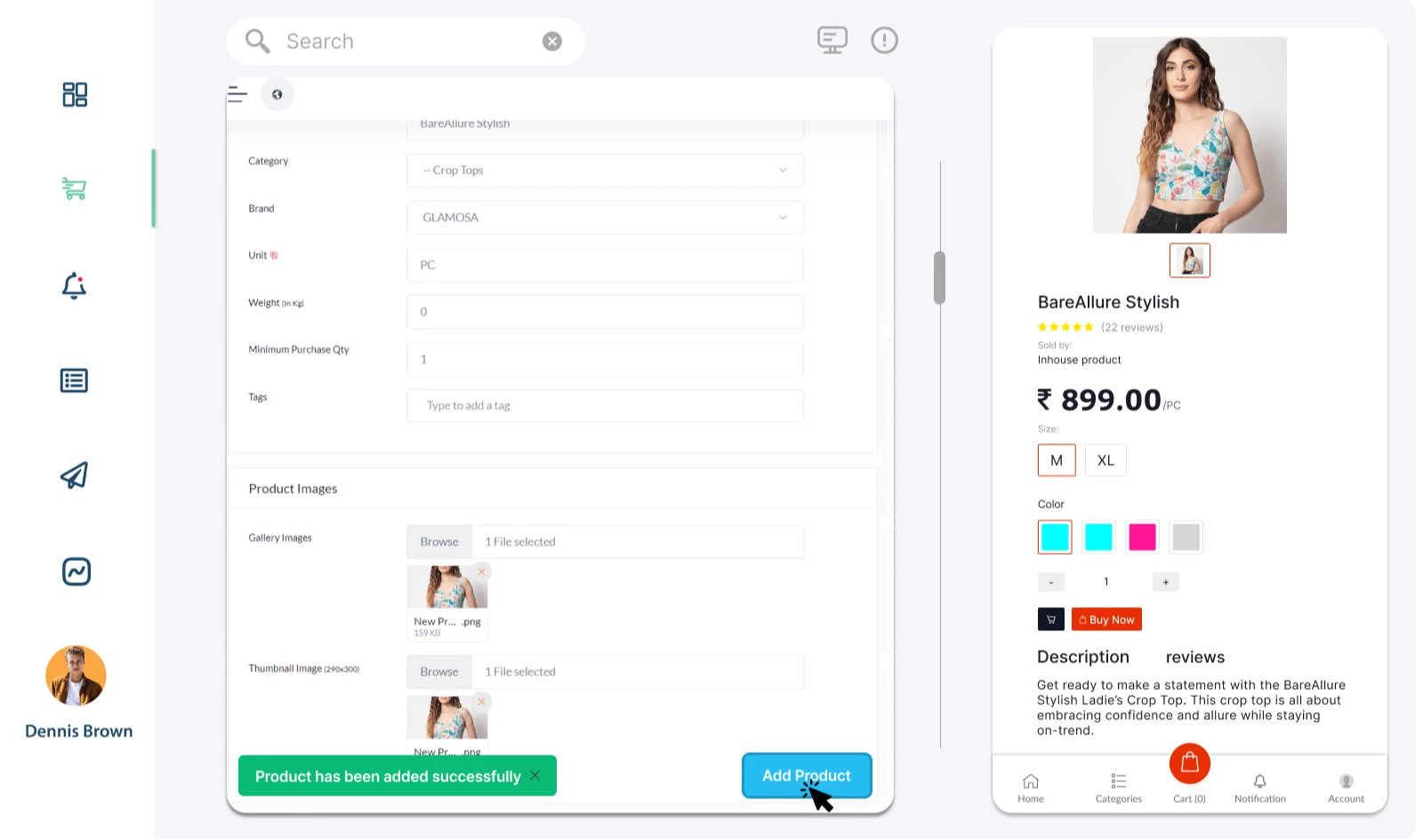When venturing into the world of e-commerce, understanding the various costs associated with your online store is essential. One of the crucial elements to comprehend is the platform fee. In this comprehensive guide, we will break down the components covered by the platform fee, shedding light on what's included in your e-commerce website's cost. We'll explore everything from website development and domain connection to shipment gateway integration and more.
The Role of the E-commerce Platform Fee
The e-commerce platform fee is a recurring cost that businesses pay to use a specific e-commerce platform. It covers various services and features essential for running an online store. Let's break down what's included in this fee:
Website Development and Customization
One of the significant components covered by the platform fee is website development. This includes:
Website Design: The design and layout of your online store, ensuring it's visually appealing and user-friendly.
Template Customization: Tailoring pre-designed templates to match your brand's unique identity.
Mobile Responsiveness: Ensuring your website is accessible and functional on various devices, including smartphones and tablets.
Front-end and Back-end Development: Building both the customer-facing interface and the administrative dashboard to manage your e-commerce business.
Domain Connection and Branding
Your custom domain name is a critical part of your online brand identity. The platform fee typically includes:
Domain Connection: The process of connecting your domain name to your e-commerce website, ensuring a seamless and branded web address.
SSL Certificate: The provision of an SSL certificate to secure your website, encrypt customer data, and boost trust.
Brand Identity: The platform often provides tools and features to help you maintain a consistent brand identity across your website.
Shipment Gateway Integration
Efficient shipping and delivery are vital for e-commerce success. The platform fee may include:
Shipment Gateway Integration: Integration with various shipping carriers and services to calculate shipping costs, generate labels, and provide tracking information.
Shipping Rules Configuration: Customizing shipping rules, rates, and options to meet your specific business needs.
Payment Gateway Setup
Smooth and secure payment processing is crucial for any e-commerce site. The platform fee often covers:
Payment Gateway Setup: Integration with various payment gateways such as PayPal, Stripe, or others, enabling you to accept payments from customers.
Secure Payment Processing: Ensuring the security of financial transactions and customer data through features like encryption and fraud protection.
Secure Hosting on Cloud Servers
A stable and secure hosting environment is fundamental for the performance and reliability of your e-commerce website. This part of the platform fee includes:
Secure Hosting: Hosting your website on cloud servers with robust security measures, redundancy, and scalability.
Server Maintenance and Updates: Regular maintenance, updates, and backups to keep your website running smoothly.
Additional Services
Depending on the e-commerce platform, the platform fee may encompass additional services, such as:
Customer Support: Access to customer support for technical assistance, guidance, and issue resolution.
Software Updates: Regular updates and improvements to the e-commerce platform's software, ensuring your site remains up to date with the latest features and security enhancements.
App and Plugin Integration: The ability to extend the functionality of your e-commerce site by integrating third-party apps and plugins.
Marketing and SEO Tools: Tools and features to help with marketing, search engine optimization, and analytics.
Scalability: The capacity to scale your online store as your business grows without incurring additional fees.
Understanding the Total Cost
While the platform fee covers a wide range of services, it's crucial to understand the total cost of running your e-commerce website. This cost includes not only the platform fee but also other expenses like transaction fees (if applicable), marketing costs, and inventory expenses. Understanding the complete cost picture allows you to make informed decisions about budgeting and pricing your products or services.
Deciphering the platform fee and understanding what it includes is vital for e-commerce businesses. It encompasses various components, from website development and domain connection to shipment gateway integration and more, all of which are essential for running a successful online store. By understanding the value provided by the platform fee and considering the total cost of running your e-commerce business, you can make well-informed decisions to maximize your online store's potential for success.





